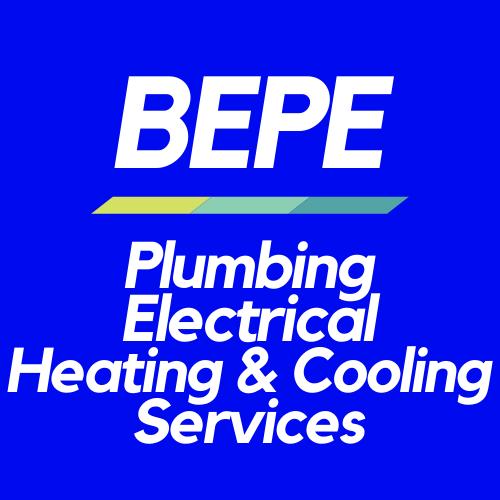How to Prevent Gas Leaks
Gas leaks can cause casualties and very serious injuries. From all the possible causes of gas leaks, the cheapest and easiest solution is to prevent the problem from happening at all and keeping emergency plumbing services at speed-dial.
Despite its useful function in cooking, when it comes to house plumbing, nothing is more dangerous than a gas leak. Leaks in the gas lines in the walls, ceilings, and even in the basement are no laughing matter. It can also be dangerous if safety precautions are not taken. No one wants their home to go up in flames because of a simple gas leak. The gas in the house might be released because of a hole in the pipe or a loose connection. Gas stops being odourless when it comes in contact with air. This may lead to harmful effects on the occupants of the house. If you want to avoid this ever happening to you or your loved ones’ then you need to know about it.
Many regulators, alarms, and attendants are designed to detect gas leakage and shut down any affected area if there is a leak. With so many buildings being powered by natural gas, it’s vital to take the necessary precautions to prevent these dangerous accidents. You may prevent gas leaks and other potentially hazardous sources of carbon monoxide by performing routine maintenance on furnaces, stoves, fireplaces, and other gas-powered equipment, in addition to being proactive about recognizing air quality problems in your house. Also, make sure that any place that uses gas, whether it’s a heater, a stove, or a generator, is well ventilated. Last but not least, test your carbon monoxide and smoke detectors on a regular basis and replace the batteries once a year.
What to do if you smell a gas leak?
- If you detect a gas leak, turn off the gas supply
- Open the windows and shut off your electronic devices
- Do not smoke
- Do not flick light switches
- Hire professionals
